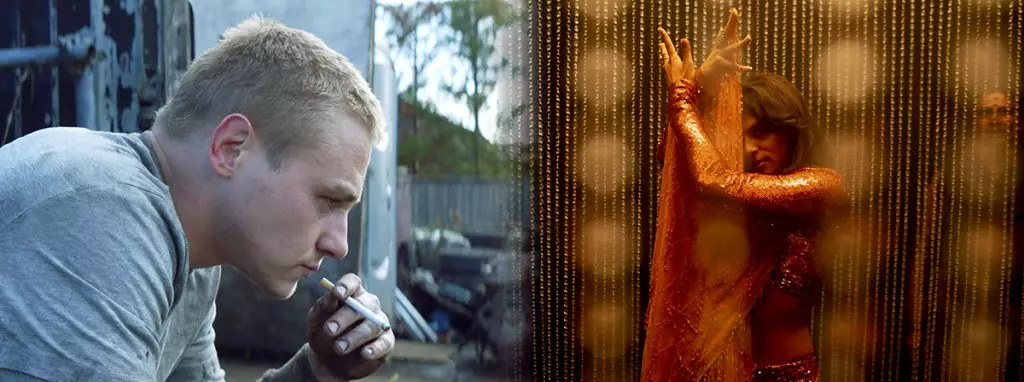In a cultural landscape that often pigeonholes LGBTQ+ narratives, “Unicorns” emerges as a vivid tapestry that interweaves themes of identity and love. Centered on Luke, a single father portrayed by the talented Ben Hardy, and his unexpected romance with Aysha, a British Indian drag queen played by Jason Patel, the film dares to showcase the complexities of love across cultural and sexual identities. Co-directed by El Hosaini and Krishna Floyd, two filmmakers unafraid to traverse uncomfortable truths, it offers a necessary critique of societal norms that usually box individuals into fixed identities. Their pooling of experiences results in a fresh narrative that isn’t merely entertaining but also enlightening.
Stellar Performances and Relatable Characters
The casting in “Unicorns” plays a pivotal role in the film’s success. Hardy embodies the struggles of a man grappling with his identity, bringing depth and nuance to a character who is at once relatable and flawed. On the other hand, Patel captures the duality of Aysha’s life — a drag queen who embodies exuberance and vulnerability. Their chemistry doesn’t merely exist; it sizzles onscreen, making the audience root for their love story. The portrayals are not just of characters; they are reflections of countless real-world struggles, something that is often lost in standard cinematic renditions of gay love.
A Reflection of Modern Society
In today’s fast-evolving societal context, “Unicorns” expertly engages with the myriad conversations around acceptance and love. The film serves as a mirror, reflecting the ongoing struggles within the LGBTQ+ community, particularly for men who may feel societal pressure to conform to traditional masculinity. This is especially poignant given the current political climate, which frequently sees a regressive push against LGBTQ+ rights in various parts of the world. It bravely encapsulates the challenges and perils of love in a world that often fails to accept queer identities.
Why Audience Reception Matters
Cohen Media Group’s decision to acquire the distribution rights for “Unicorns” speaks volumes about the film’s importance. Given the rocky waters the media group recently navigated, their enthusiasm for releasing the film indicates a recognition of both its artistic merit and its potential societal impact. The executives’ optimism — from Robert Aaronson to the film’s creators — suggests a shared belief in its capacity to provoke thought and foster understanding among audiences.
Political Undertones That Resonate
Cinemas across North America need compelling stories that confront viewers with the realities of modern identity struggles. “Unicorns” does this without appearing preachy; instead, it lures audiences with its charm and warmth, addressing important socio-political themes that cannot be ignored. This film shouldn’t just be viewed as entertainment; it is a movement, an assertion that diverse love stories deserve a platform and audience.
In qualitative terms, “Unicorns” may just be what we need to shift the discourse around queer narratives. As more stories emerge that embrace complexity and challenge societal boundaries, films like these lay fertile ground for dialogue and acceptance in our communities.

